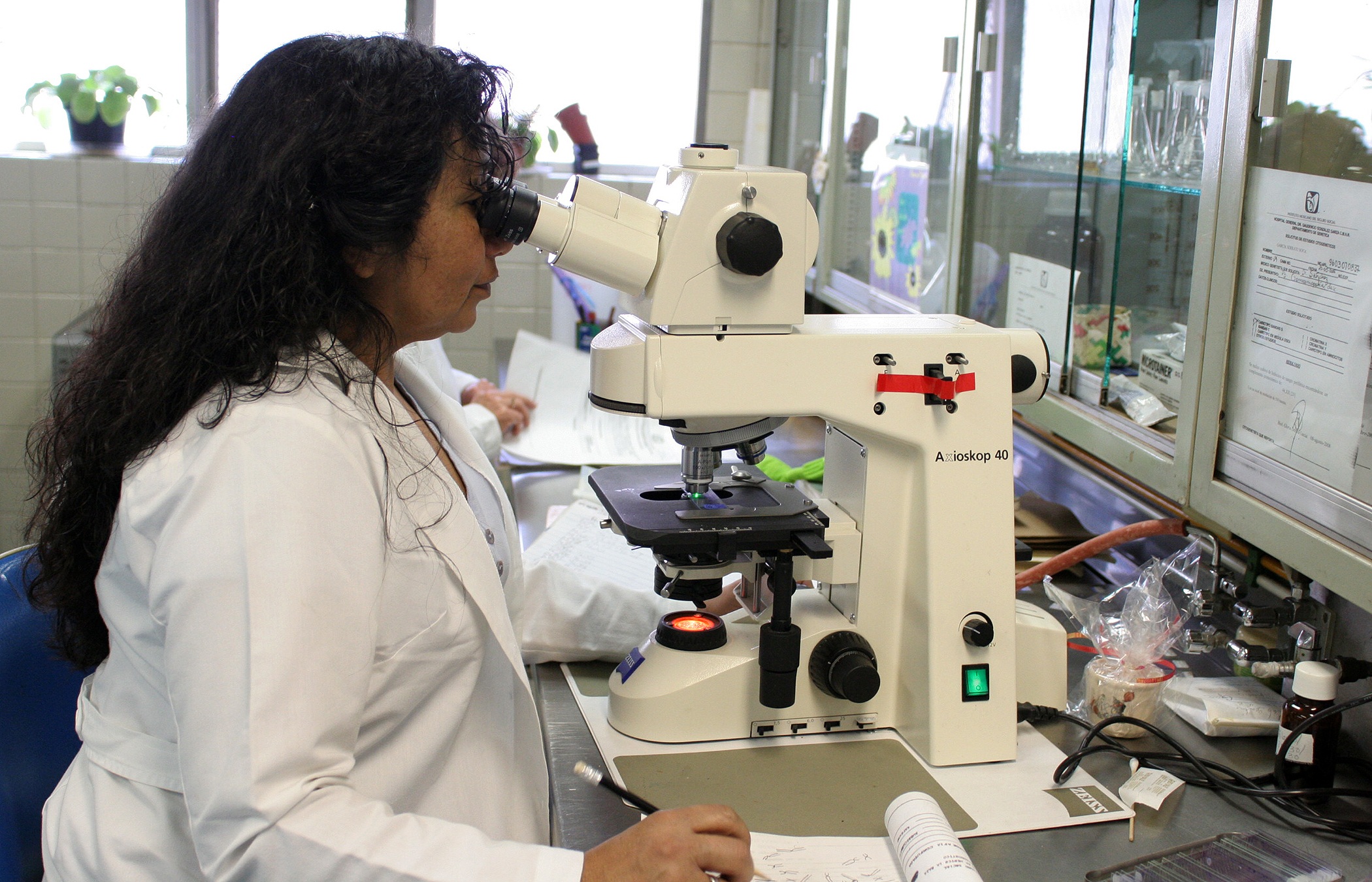
Machine learning is going to change every industry. Want to know how it will affect yours and how you can start using it? Download our Free Machine Learning Whitepaper right now!
Materials science is profoundly powerful. Mixing molecules in just the right way has yielded unprecedented advancements in fields like medicine, electronics, manufacturing, and construction. And that’s just the tip of the iceberg.
Now, a startup fresh out of stealth mode wants to expedite the innovation occurring in this cross-disciplinary field. And it thinks artificial intelligence (AI) and robotics can help.
Machine Learning = Materials Science Magic
In a Boston-based development lab, a scientist is hard at work concocting novel chemical compounds. Over and over, the researcher pipettes a small amount of liquid into one of many receptacles. Once all of these samples are prepared, a machine is then used to test their optical properties. These results are then analyzed by the scientist, who takes these insights and repeats the entire process again.
The whole procedure is so seamless that it’s easy to forget there are practically no humans involved. The scientist in charge of this work is a robotic arm powered by machine learning. This setup was developed by Kebotix, a startup aiming to revolutionize materials science with robotics and AI automation.

Considered the world’s first self-driving lab for materials discovery, this AI-fueled research space could find new compounds that could aid in fighting pollution, improving computing, combating drug-resistant ailments, and much more.
Accelerating Innovation
Software algorithms are nothing new for materials science. They’re already being applied to help design new compounds and materials. But the status quo is sluggish and crude. Right now, machines usually blindly search for new possibilities by testing slight variations.
“Discovery is too slow,” says Dr. Jill Becker, CEO of Kebotix. “You have an idea for a material, you try to make it, and you test it. Few ideas are tested, with even fewer results.” Injecting some (artificial) intelligence into this discovery process could make it much faster and more efficient. Besides this, some innovation in the field is long overdue.

“We are building the materials company of the 21st century because how scientists discover new materials has not evolved since the 18th century,” explains Becker. “Being stuck in the 18th century significantly adds to the challenge of tackling climate change, antibiotic-resistant bacteria, water pollution, and other urgent problems facing the world today.”
Making Molecules With Machine Learning
Kebotix’s self-driving lab is at the helm of the startup’s mission to speed up the discovery and production of novel molecules. Composed of machine learning software that learns from 3D molecule models and sophisticated laboratory robotics to execute actions, this lab forms a closed loop that could condense research cycles from decades to months.
Kebotix employs multiple machine learnings methods in its process to discover and design new chemical compounds. One of their neural networks comes up with new representations of molecular models after learning the statistical composition of similar compounds that possess the desired properties. Another neural network is used to weed out new designs before time and effort are wasted testing them.
The self-driving lab then tests the rest and feeds the results back into its own machine learning pipeline, bringing it one step closer toward its target objective.
A New Research Partner
So, in light of this self-driving lab, should materials scientists start looking for another career? Not exactly. Klavs Jensen is a professor in MIT’s chemical engineering department. He leads research in developing automated approaches for the discovery of useful new chemicals, so he’s no stranger to combining machine learning and robotics for this exact purpose.
“It won’t replace the expert,” Jensen says of automation. “But you’ll be able to do things a lot faster.” He explains that gathering the huge quantities of data to feed the AI is still time-consuming and difficult to do. And it becomes even more of a challenge as the materials get more complex.
Rather than removing the need for a human expert, instead, it’s more likely that new AI developments like Kebotix’s self-driving lab will instead enhance their abilities.
The Chemistry of Success
Kebotix was founded by a group of accomplished researchers from Harvard and is based at MIT’s VC firm The Engine. The startup recently came out of stealth mode with $5 million in seed funding. This seed round was led by One Way Ventures, an investment firm that specializes in funding the ventures of immigrant entrepreneurs. Kebotix’s entire founding team is composed of US immigrants.
Investors included Boston-based Flybridge Capital Partners; Baidu Ventures, an independent venture fund backed by Baidu; LA-based Embark Ventures; NYC-based WorldQuant Ventures; and Norway-based Propagator Ventures. Christoph Kreisbeck, Kebotix’s Chief Product Officer, says the startup plans to focus on molecules for electronic applications right now.
The startup will then move on to new polymers and alloys. The potential for Kebotix’s innovation seems infinite. And this is reflected in the market as well: “The top five producers of materials have combined sales of over $210 billion with large-scale production and established supply chains, but are too slow in innovating,” says Becker. “With the world’s first and only AI-driven, fully integrated lab system for materials discovery, Kebotix aims to reinvent the $800 billion global materials market.”
It’s exciting to watch where Kebotix goes from here. What do you want to see the startup’s self-driving lab work on? What industries do you think will feel the most impact from AI-powered materials science? Let us know in the comments!





